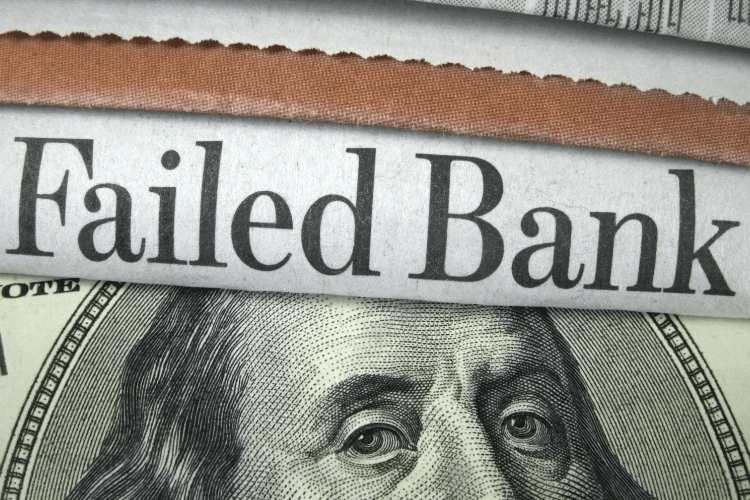What Is Escrow, and Why Is It Important?

Escrow probably isn’t a word you use on a day-to-day basis, but it becomes incredibly important when you go to buy a home.
Don’t worry, it’s not as difficult as it sounds. Here’s the information you need to become a proud homeowner.
What Is Escrow?
Escrow occurs when an objective and impartial third party holds something of value, like money, during a transaction. Though it’s used in a number of situations, you’re most likely to encounter it when purchasing a new home.
In fact, it’s is mandatory during a home purchase. An escrow agent works like a referee in a football game to make sure nobody gets cheated.
As a buyer, you write an earnest money check for a percentage of the property’s purchase price. Instead of making that check out to the seller, you make the check payable to the agent. In return, the seller agrees to take the property off the market while it’s “in escrow”, make it available for inspection, and perform all agreed-upon repairs.
The earnest money deposit is usually between 1-3% of the total sale price. Making this payment proves you’re serious about buying the home and not just wasting the seller’s time. If a seller fails to make promised repairs, money can be deducted from the escrow account to cover the costs.
How Is an Escrow Account Different?
In addition to putting your earnest money into escrow before purchasing a new home, you’ll also encounter it after you close and become an official homeowner. You may hear it referred to as an escrow account or reserves.
Unless you buy your home in cash, your mortgage company will require a certain portion of your monthly mortgage payment to be applied to an escrow account. This chunk of your mortgage payment sits in your account to cover property taxes and home insurance. The rest of your mortgage payment is applied to the principal loan amount and interest, just like you’d expect.
Why Does It Matter?
The system works strategically to protect buyers and sellers alike. Imagine if it wasn’t required; a seller could hold your earnest money check hostage as a negotiating tactic or even just take your money and run! On the flip side, sellers need escrow to ensure they don’t sign over the deed to their home without payment.
Escrow accounts are also important for homeowners because they eliminate the risk of falling behind on such important tax and insurance expenses. This protects you and your mortgage company!
Overall, escrow creates the impartial space needed to guarantee buyers and sellers get what they want and deserve without any unnecessary risk.
Don’t wait to get out of debt! Read this: A Complete, Step-By-Step Guide to Get Out of Debt.










